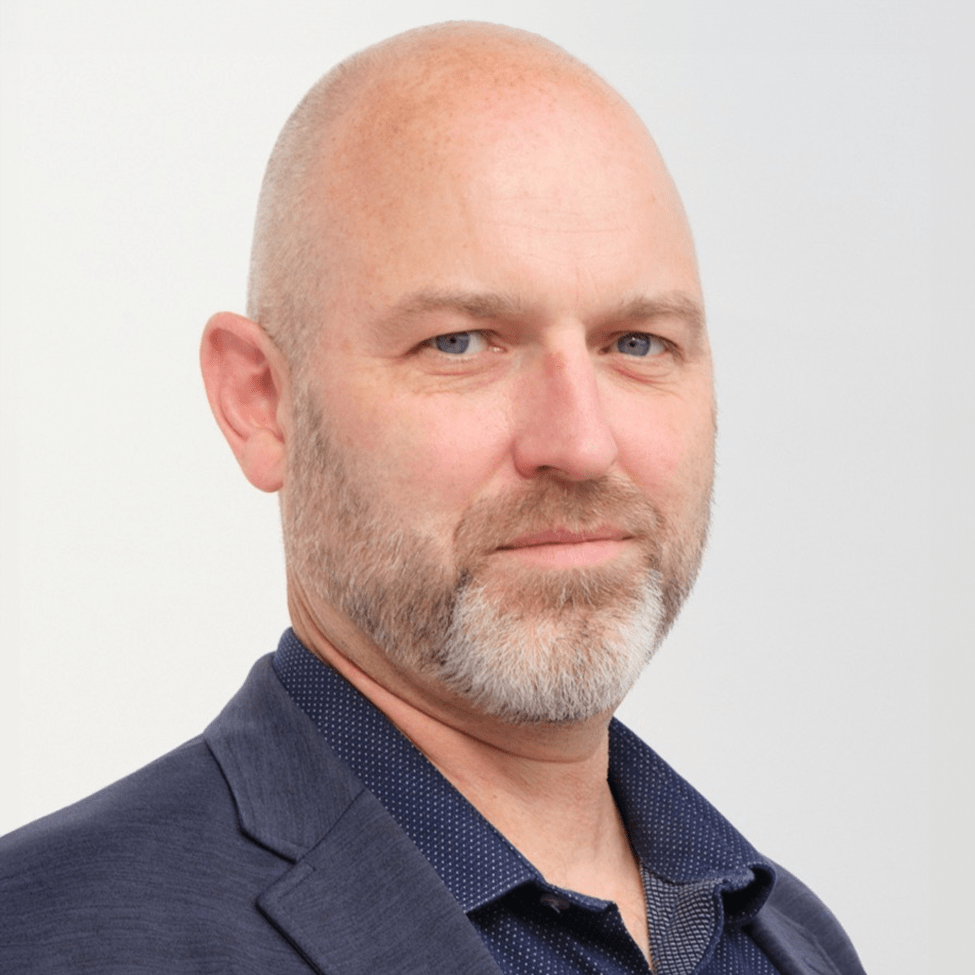Some days it’s hard to remember whether or not we ate breakfast, let alone all the really important stuff we have to know for work, school, and family. Our brains are bombarded with information nearly 24/7 and it can be a challenge for our gray matter to keep up. Healthcare professionals, in particular, face a lot of information overload. There’s always something new to learn, processes to understand, and protocols to follow. With the fast-paced nature of healthcare, it’s essential to know how to retain information effectively for the sake of your patients and the advancement of your career.
Healthcare workers in various parts of the industry, including home health, are required to participate in regular continuing education. But those training sessions can come few and far between with little reinforcement. Unfortunately, that means that the participant forgets much of the information learned, rendering the training session nearly useless.
Studies like the one conducted by Murre and Dros1(2015) on Ebbinghaus’ ‘Forgetting Curve’confirms the exponential decline of memory retention over time without reinforcement. Dating back to the 1880s, but confirmed with that recent 2015 study, Ebbinghaus’s research is an enduring model that demonstrates how memories are lost over time. If we learn something new, but then make no attempt to relearn that information, we remember less and less of it as the hours, days and weeks go by. Additionally, Ebbinghaus proved that the biggest drop in retention happens soon after learning. Without reviewing or reinforcing our learning, our ability to retain the information plummets. “For example, you may leave a webinar or meeting with your head full of new facts and figures, only to find that you can remember very little of it just hours later.”(go to this article for a great overview of The Forgetting Curve).
The good news is that new research is showing that adopting a microlearning approach can help us remember more for a longer period of time. Microlearning helps learners fight the effects of the Forgetting Curve by reinforcing knowledge on a regular basis. By providing continual reinforcement of the knowledge imparted, learners are much more likely to retain information.
Microlearning is a learner-centered approach to education that helps to retain information by breaking it down into small, bite-sized chunks in order to improve focus and support long-term retention. Other benefits to the microlearning method include:
1. Better Time Management: Healthcare workers are already bombarded with long shifts, hectic schedules, and the ever-increasing demands of a fast-paced work environment. In such situations, microlearning comes in handy as it can be scheduled into the day’s routine without too much interruption. As a result, microlearning enhances time management and eliminates the need to take dedicated breaks to learn. Microlearning can easily be integrated into a healthcare worker’s schedule without being too disruptive.
2. Improved Engagement: In microlearning, learners are given bites of information at regular intervals, making the learning experience more engaging and effective. By keeping learners engaged, the information taught is better retained, and learners tend to keep moving forward. Engagement is heightened by the incorporation of videos, animations, and other multimedia elements that make learning interactive and interesting.
3. Cost-Effective: Microlearning is a cost-effective solution to traditional learning. With microlearning, learners acquire new skills or knowledge without having to attend lengthy and expensive training sessions. The efficiency of microlearning means that the learning process is much shorter than traditional training, which makes it cost-effective for both learners and training providers.
Earlier this year we launched The Learnery, a cutting-edge microlearning software platform that empowers learners to acquire and retain information more effectively over time. Accessible from desktops, laptops, and mobile devices, The Learnery enables professionals to focus on one learning objective at a time, ensuring a clear understanding before moving forward. Our goal is to help professionals improve knowledge retention for their career and personal growth, and that starts with changing the way they learn.
For more information about The Learnery and its innovative microlearning platform, please visit www.golearnery.com.
[1] Murre, J. M., & Dros, J. (2015). Replication and Analysis of Ebbinghaus’ Forgetting Curve. PloS one, 10(7), e0120644.

